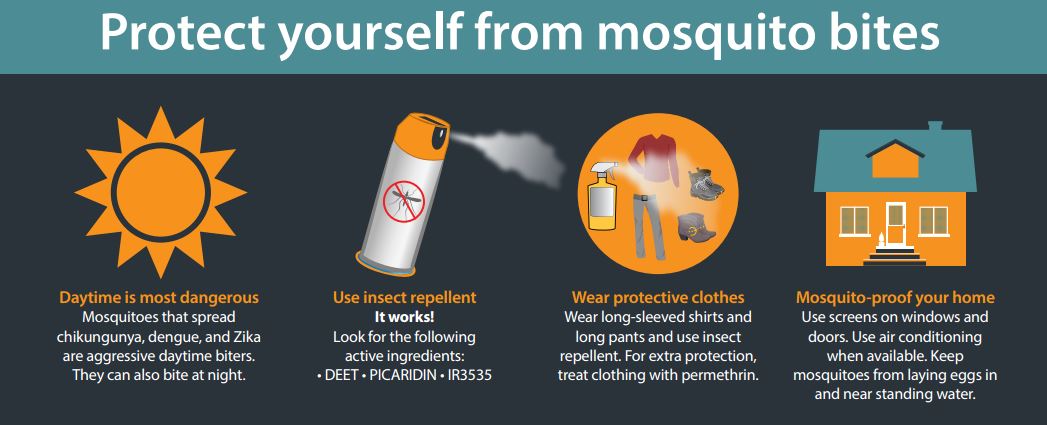Whether you’re going on an overseas holiday, going to visit loved ones, or simply planning one last hurrah (otherwise known as a “babymoon”), you must be well prepared when travelling during pregnancy. Here are some tips on travelling during pregnancy:
- How many weeks pregnant are you? Firstly, you need to check with your airline – some airlines won’t allow women over 35 weeks to fly at all &/ or require a medical certificate from your doctor or midwife. Check the fine print of your travel insurance – some policies don’t cover pregnancy. Be aware that air travel in the last 4-6 weeks of pregnancy is considered risker as it may trigger premature labour.
- Where are you travelling to? Most developing countries require travellers to be vaccinated against diseases such as typhoid, malaria, cholera and polio. Most vaccinations are contraindicated during pregnancy. This means that they are either dangerous to your unborn child or haven’t been adequately tested for safety on pregnant women. The exception to this is the influenza vaccine, which is safe and strongly recommended for all pregnant women. In addition there are a number of mosquito-borne diseases that affect travellers to warm climates, the most well known for pregnancy being the zika virus.
It is strongly advised to defer travel to Zika affected countries, if you are pregnant or planning to conceive. If you do travel then the advice is to take measures to avoid Mosquitoe bites – wear long sleeve clothing, and insect repellent, and avoid unprotected intercourse while travelling and for duration of the pregnancy or for 6 months (whichever is longer) with a male partner who has travelled to a Zika affected country.
After travel, talk to your doctor or other healthcare provider, especially if you develop a fever with a rash, headache, joint pain, red eyes, or muscle pain. You &/or your partner may require testing.
For more information on Zika an pregnancy: Centre for Diseases Control and Prevention: https://www.cdc.gov/pregnancy/zika/protect-yourself.html

- Is your pregnancy considered high-risk? It is advisable not to travel if you are considered to have a moderate -high-risk pregnancy. Some high risk pregnancies include:
- Cervical incompetence
- Antepartum haemorrhage (bleeding in pregnancy)
- Multiple pregnancies
- Gestational diabetes
- Hypertension
- Pre-eclampsia
- Placental insufficiency
- Previous premature labour
So, you’ve discussed your travel plans with your care provider and your flights are booked! What can you do to ensure you’re prepared to take care of yourself while in the air?
- Wear your seatbelt under your bump & across your pelvis.
- Being pregnant, you are at an increased risk of developing a blood clot during a long flight where you remain in the one position for an extended period. Make sure you stretch and move your legs regularly while seated. Try to mobilise around the cabin for a few minutes every hour. Depending on the duration of the flight, your obstetrician/midwife may recommend wearing compression stockings and for flights exceeding 4 hours, may recommend a blood thinning medication prior to your departing & returning flight.
- Avoid dehydration by drinking plenty of water and minimise caffeine intake.
- Other considerations: Ensure you have investigated the standard of medical care at your chosen destination. Some countries have reciprocal health care arrangements with Australia – you can check with Medicare. Travelling to developing countries is not recommended during pregnancy due to the risk of disease and the lower standards of medical care compared to Australia. Lastly be prepared and check for updates on travel advice and warnings from https://smartraveller.gov.au
